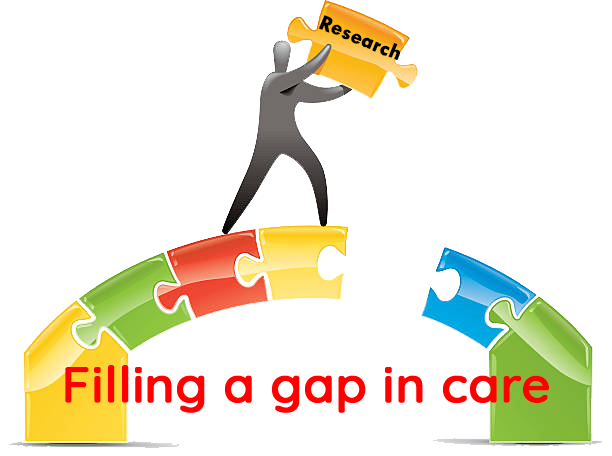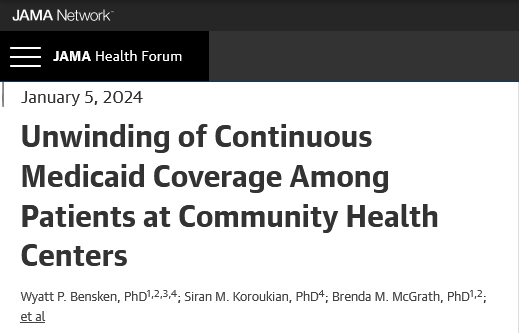
As Medicaid coverage is unwinding after the Public Health Emergency (PHE) (declared since COVID), there will be new treatment gaps. These gaps could be filled by community nonprofit (charitable) services, peer-run services, and by RESEARCH.
Referring patients to research clinics for consideration of trial participation could be the answer for many people struggling to find care.
Because Medicaid is the largest payer of mental health and substance use care in the nation, many people with mental health or substance use conditions will lose coverage during this unwinding.
Between 8 million to 24 million people will lose Medicaid coverage during the unwinding of Medicaid. Each state’s approach to unwinding varies and certain groups are at greater risk of losing their coverage.
According to a January 2024 study published on the JAMA network, “Disenrollment was higher among younger adults, American Indian and Alaska Native and Black or African American patients, those with a lower FPL percentage, those with higher utilization, and those with conditions including HIV/AIDS, mental health conditions, and substance use conditions.”
What can you do to fill the gap?
The community mental health centers around you are struggling to find options and resources for their patients, They may be hesitant to refer patients to research sites for many reasons, but there are things that you can do to overcome their hesitation.
First, know that this is a long game — it takes time to win trust. The sooner you start, the sooner you will start seeing the benefits.
Your first visit should just be an introductory visit. Don’t take any information, just go meet some folks at the Community Behavioral Health Center (CBHC). See what they need, as far as community resources. If you are a STARR Certified Site, you’ve been given a list of local community resources that you might offer to share.
Invite some of the staff from the CBHC to your site for a visit. Prepare your site staff and PIs so that they have time to be hospitable to the visitors. If possible, introduce them to some of your patients.
Do NOT offer a list of your studies. Let the staff from the CBHC ask for more information.
Be sure to set appropriate expectations. Not all of the patients that a CBHC refers to you will meet a study’s criteria. They may refer 5 patients and only 1 will meet criteria for a given study. The worst thing you could do is decline referrals or send their referrals back unhappy.
Stay in contact. Whether or not the CBHC refers anyone to your site or not, STAY IN TOUCH WITH THEM. If you have a patient that they referred, shoot the CBHC staff an email letting them know how the patient is doing. If you don’t a patient, just say hello and see if there is anything you might be able to help with.
Do NOT poach their staff! Another way to put off a CBHC is to hire their staff from them. CBHCs are notoriously under-staffed and they feel every loss. There is no scenario where the gain would be worth the potential downside. Do not do it.
Only when you’ve developed some trust should you make any requests. Don’t ask to hang up a notice of a study you are working on until you have developed a relationship. Don’t ask for patients for a study until the doctors at the CBHC trust that you will take care of that patient.
Focus on what you have to offer the CBHC, not what you want from them. With every contact, reinforce that you are committed to community engagement, stigma reduction, and ensuring equitable, cutting-edge treatments are available to all patients.
Research offers the following:
- Provides patients access to the latest treatments available to improve patient outcomes;
- Only through research will we be able to increase the effectiveness of mental illness’ diagnosis and treatments;
- Collaboration and knowledge-sharing with colleagues for the benefit of all.
The STARR Coalition has been working with several Community Behavioral Health Centers on addressing some of their challenges. Our Community of Practice for CBHCs has given us some insight on approaching the CBHCs. We are happy to help you connect with your local CBHC and help to provide some foundations for a mutually beneficial relationship.
References:
10 Things to Know About the Unwinding of the Medicaid Continuous Enrollment Provision
The Behavioral Health Effects of the Medicaid Unwinding in Texas

